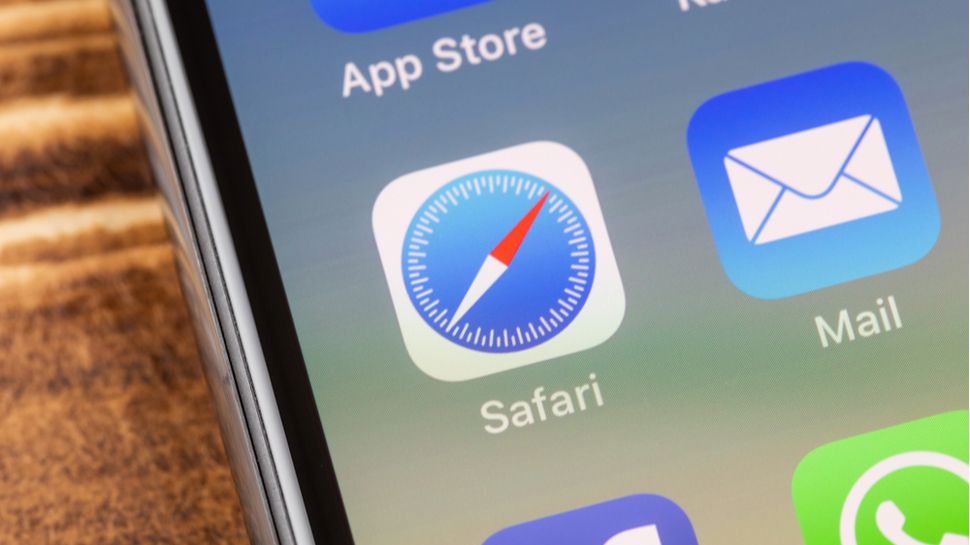It’s no secret that tracking is pretty commonplace on the web, whether on a desktop or when quickly searching on the phone. To highlight both the privacy concerns and a browser that aims to squash those trackers – or rather cause flying security cameras to explode – Apple’s rolling out a new campaign touting Safari’s privacy chops.
The campaign, which debuts today as a short-form film and placements designed for desktop and mobile, aims to highlight the benefits of using Safari versus Google Chrome or another browser. It follows everyday folks as they browse the web for a whole host of reasons, with flying security cameras following them around and, honestly, spooking them.
Apple’s aim is to remind folks of the privacy protections built into Safari – it was the first web browser to debut a “Private Browsing” experience in 2005, and since then that has been bolstered and is now locked behind Face ID, Touch ID, or a Passcode. Safari also blocks cross-site tracking, strips unnecessary trackers from links, and shades location data.
Going a step further, Apple deploys machine learning to determine which sites might be tracking you under a feature dubbed “Intelligent Tracking Prevention.” When it spots a site tracking you, generally in the same vein as a cookie, Safari stops it and removes the tracker.
You can see it working in real-time in the Safari Privacy Report on your device, which lists the sites by the number of trackers, the most common ones, and how many have been blocked or stopped.
Of course, Safari also masks your IP address, and when a site requests more precise location information, it asks you, the end user, to approve or deny it. All of this is part of Apple’s four main pillars of privacy within Safari.
The advertisements themselves are pretty compelling; on mobile, it’ll be a vertical takeover with someone peeling back the webpage from the top, and the tagline “Your browsing is being watched.” appears with “Safari stops it” shortly after. The idea, of course, is to get more folks using these privacy features if they’re already on Safari – and remember, most of these settings are on by default – or likely to get folks to use Safari on a Mac, iPhone, iPad, or Vision Pro.
The full-length film paints a none-too-subtle picture of how Apple views the privacy differences between Android phones and the iPhone. It shows security cameras lurking about them while the iPhone stops the cameras in their tracks and causes them to explode.
Still, it’s one of Apple’s more jovial films, highlighting a pretty serious feature set baked into web browsing on its devices.





